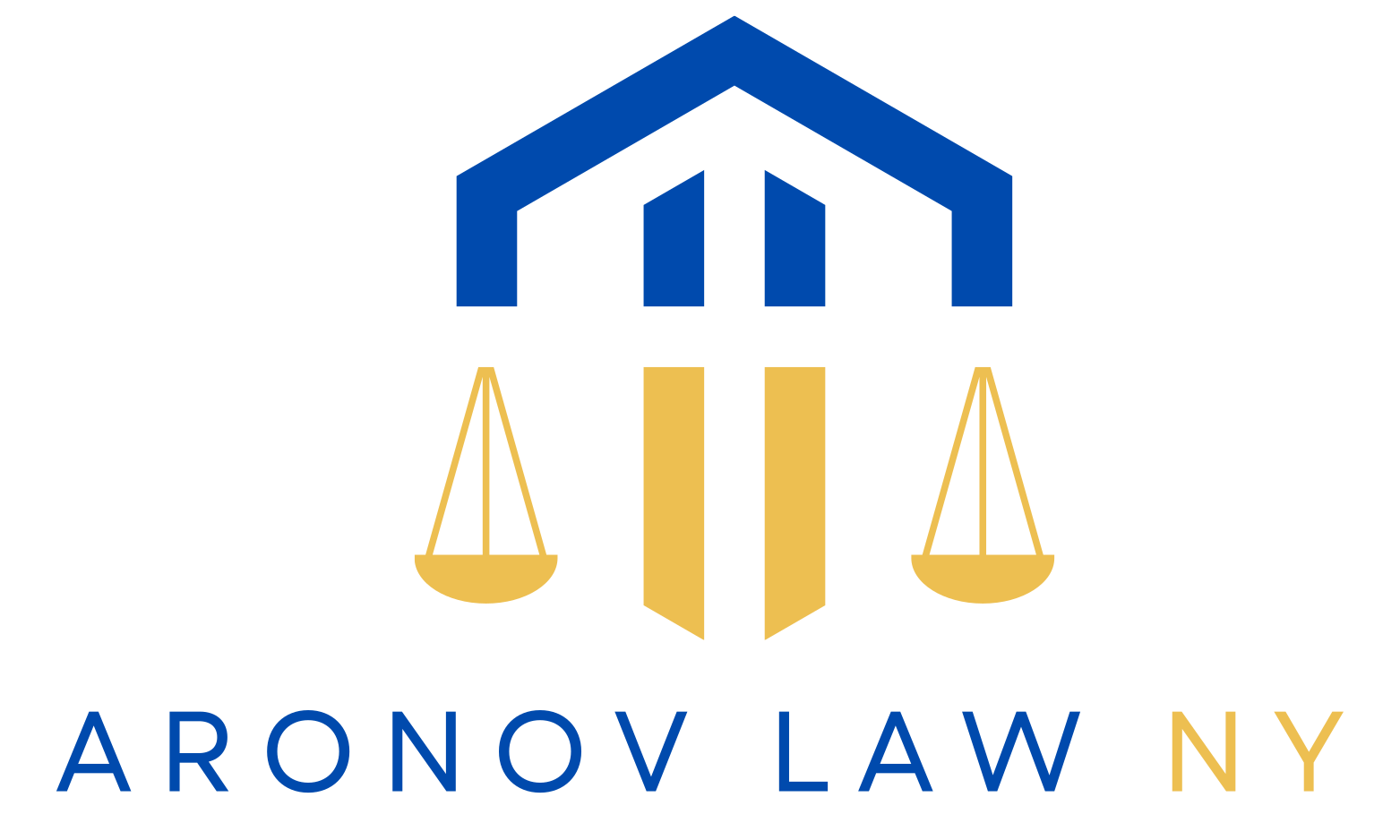2024 Amendments To Property Condition Disclosure Statement (“PCDS”)
Effective March 20, 2024, the amended New York Real Property Law Chapter 50, Article 14 (the “Property Condition Disclosure Act”) will compel all sellers of residential property to complete and deliver a Property Condition Disclosure Statement (“PCDS”) to a buyer prior to signing a contract of sale.
The amended Property Condition Disclosure Statement (PCDS) goes into effect Wednesday, March 20, 2024. The amended PCDS includes language requiring the disclosure of issues related to flooding and removal of the $500 credit if sellers fail or refuse to provide the PCDS
New York law requires you, the seller, to disclose known home defects to the buyer. Under real estate laws in NY state, you, as a New York home seller, could be found liable to a buyer for having failed to disclose certain property conditions, or defects, in the course of the sale.
Under the New York Property Condition Disclosure Act or PCDA, the seller is required to make these disclosures to the buyer or else pay a $500.00 penalty to the buyer at closing. While the PCDA requires you to complete a standardized disclosure statement and deliver it to the buyer before the buyer signs the final purchase contract, in practice, most home sellers in New York opt not to complete the statement and instead pay the credit. However, just because the seller pays the $500.00 credit instead does not mean that the seller is still not liable to the buyer for not disclosing under the PCDA. If there is a known defect that is not disclosed by the seller, the seller may still be liable to the buyer for any loss sustained as a result of that non-disclosure.
Sellers must disclose known housing defects. If the seller passed information about the property to the buyer that the seller actually knew was false, or if the seller omitted material facts about known defects, the seller may be liable to the buyer for damages; but only if the misinformation, or omitted information was material to the buyer’s decision to purchase the property. This may include termites, rat infestation, mold, or significant damage to the floor, walls, or roof. Although the buyer may not request for such information, the seller must disclose the information.
New York is known for its vibrant real estate market, attracting investors, homebuyers, and developers alike. However, navigating the complexities of New York real estate law can be daunting without proper guidance. In this blog post, we’ll explore key aspects of New York real estate law to help you better understand the legal landscape. Contact Aronov Law NY today and you can literally cruise through any real estate law related nuances.


Free Legal Consultation
98-14 Queens Blvd
